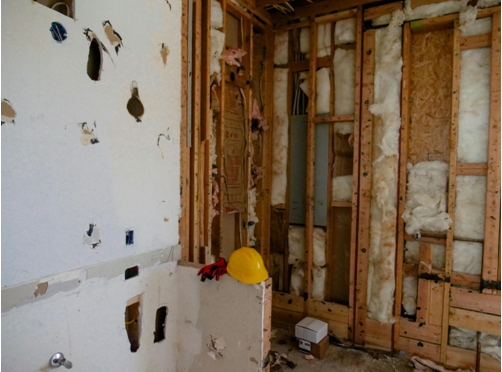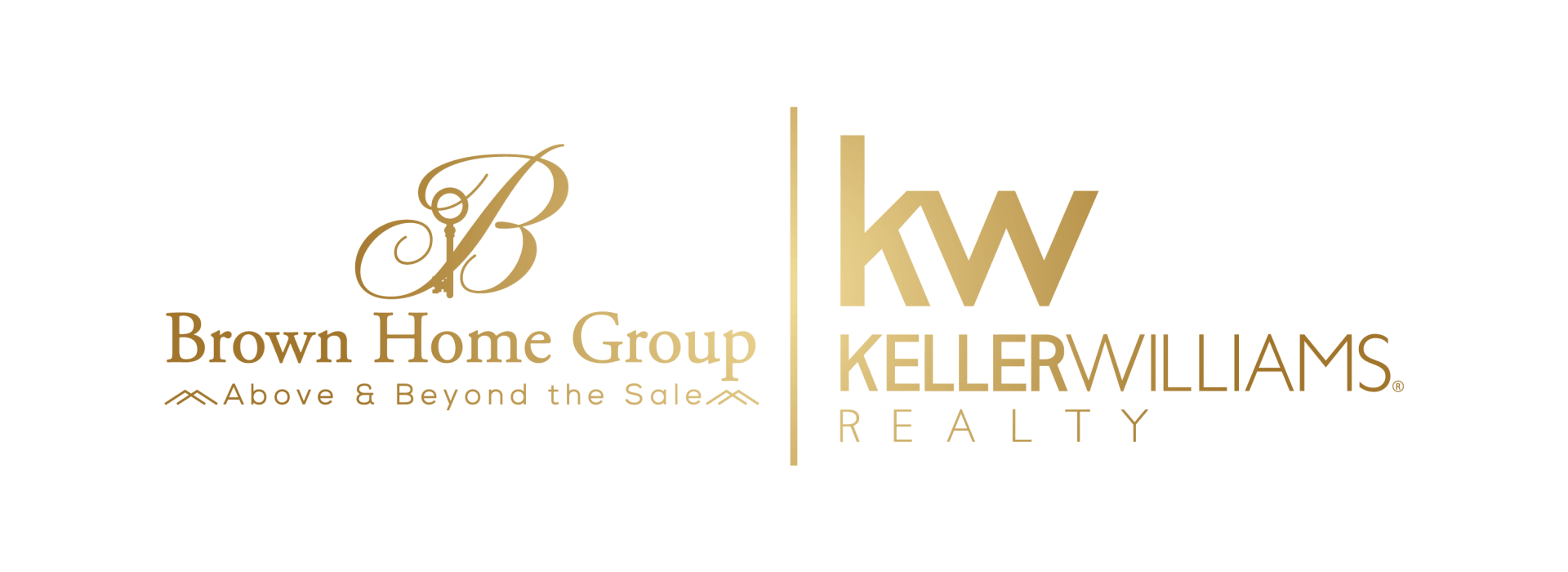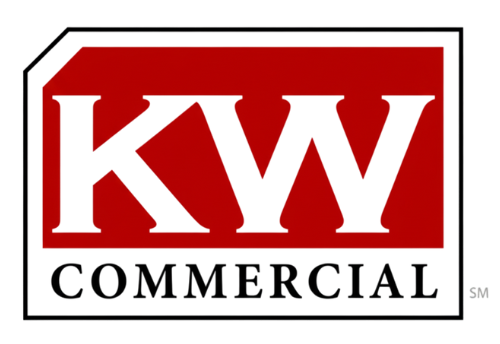Tips for Your First Mortgage
A mortgage is one of, if not THE most important aspect of buying a home. If you can’t get a loan then you can’t buy a home, unless you’ve got the cash of course. But who has a couple hundred thousand laying around ready to spend? Not many. We would like to educate you on your mortgage options and how to best prepare yourself for pre-approval and the entire lending/mortgage process.
What types of loans can I apply for?
There are plenty of different loan types, but when it comes to mortgages, there are 3 main ones you are going to consider applying for. Those 3 are Conventional loans, FHA loans, and VA loans. All have different requirements and contingencies, so you will want to know more about each of them to understand which will better suit your needs.
1. Conventional
- These loans are not government backed loans and are typically fixed-rate mortgages. Meaning the payments are fixed and never change. Conventional loans can be the most difficult to qualify for considering they have stricter requirements, larger down payments, higher credit scores, and more. These loans may also need private mortgage insurance and that can be costly. One thing to ask your lender when doing a conventional loan is whether the loan will be conforming or non-conforming.
2. FHA
- FHA loans are part of the U.S. Department of Housing and Urban Development that can provide multiple different loan programs. These loans are federally backed and usually require lower down payments (as low as 3.5%) and less credit requirements, making them much better for first-time home buyers.
3. VA
VA loans are guaranteed by the U.S. Department of Veteran Affairs for loans made by qualified lenders. Before applying, you will want to request eligibility from the VA, and you can apply for loans with low to know down payment, and very good terms. There are special requirements and restrictions on these type of loans in some cases, so talk to your lender or the VA for more information.
Fixed vs. Floating-Rate Mortgages
Something you will have to consider is whether to pick a fixed-rate or floating-rate mortgage. The benefits of a fixed-rate is that the payments stay the same throughout the entire lifetime of the loan.
Floating-rates on the other hand, offer adjustable interest rates and principle payments. Usually these types of programs are to help first time home buyers that expect to see an increase in income over time. They start out with low introductory rates that will increase later in the loan term.
These can be risky though. Considering the loan rate will be linked to a future market, there is no real way of indicating what the future rate will be, and if you’re unlucky you could get stuck with an extremely high interest rate later in the loan term. These are all things to consider while shopping for a mortgage, but talking to your lender/agent may better help you understand which options are best for YOU!
What do I do to get lower rates?
1. Credit score
- Everyone knows credit score is one of the main determining factors in your loan rate. Make sure to check your credit report and fix any and all errors that are present. This will increase your chances of getting a loan and the loan amount, as well as decrease your rates!
2. Create a record of employment
- Lenders like to see a solid history of employment. Typically, they want you to have held your current job/income for at least 2 years to show steady, reliable income, indicating you’re likely to pay on your loan. Make sure you have some pay stubs and W-2’s ready to go! They will need this for proof of employment.
3. Down Payment
A lot of times, lenders will have a required down payment. Depending on the lender and the loan type, the down payments can vary, but for the most part lender will want 20% down. While you can put down less than 20%, most lenders will then require Private Mortgage Insurance which will increase your payments.
Your best bet at getting low rates is to try to have as close to 20% (or more) as you can. The sooner you can pay your loan down less than 80% of your home value, the faster your rates will drop and the less you will pay! Talk to your lender about different down payment options and plans!
4. Lock in Your Rate
When you finally secure your loan and sign the Home Purchase agreement, the VERY FIRST thing you need to do is ask your lender to lock in your rate. Reason being, the closing process can take weeks or months, in which time the market can fluctuate. The last thing you want is for your rate to increase just because the market shot up while you were waiting on the closing. So make sure you have a talk with your lender about maintaining the rate you agree on during signing.
Conclusion
Obtaining a mortgage can be a hard and long process, but with the right people around you, it can be done. Of course, you will want to do your own research and find a loan option that best fits your needs, but for the most part these tips should help you with that process. If you’re looking for a great lender to work with, we recommend Home First Lending for those of you relocating in the Central Florida area. Nick at Home First Lending is amazing and does the best he can to get all of our clients a good deal. Depending on your area or situation, you may want to talk to your bank or maybe even a friend for a loan. If you ever need assistance in buying a home or finding a mortgage loan, Brown Home Group has you covered! Give us a call!
321-348-8720
Sources:
https://www.bankrate.com/mortgages/how-to-get-the-best-mortgage-rate/
https://www.investopedia.com/articles/mortgages-real-estate/08/homebuyer-financing-option.asp
























